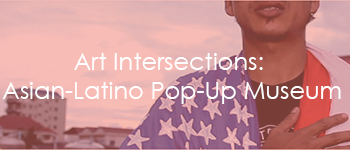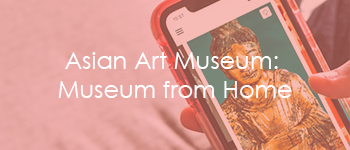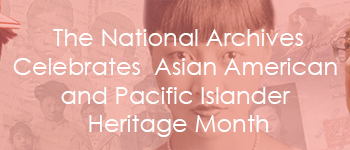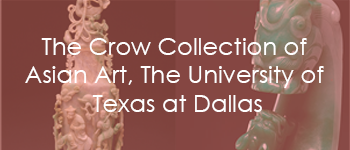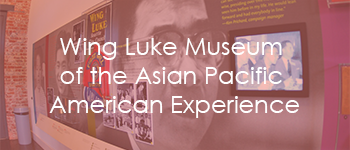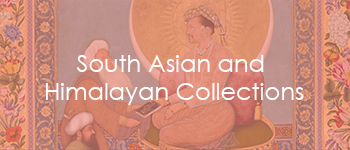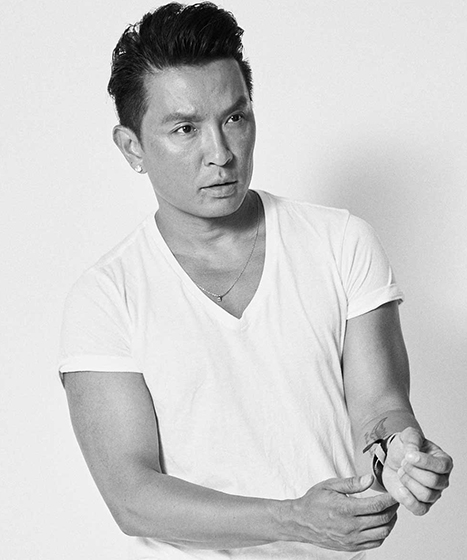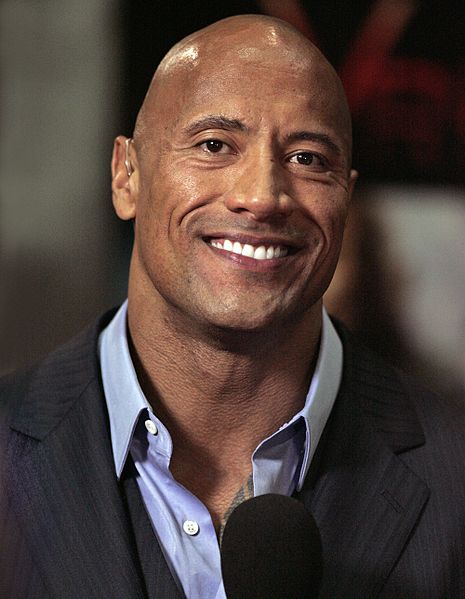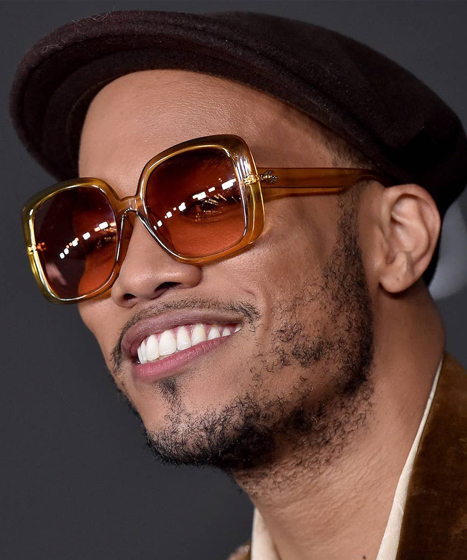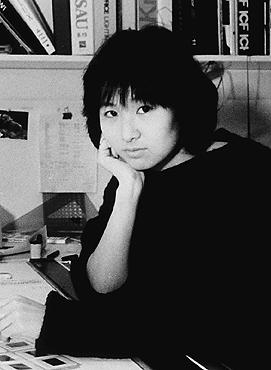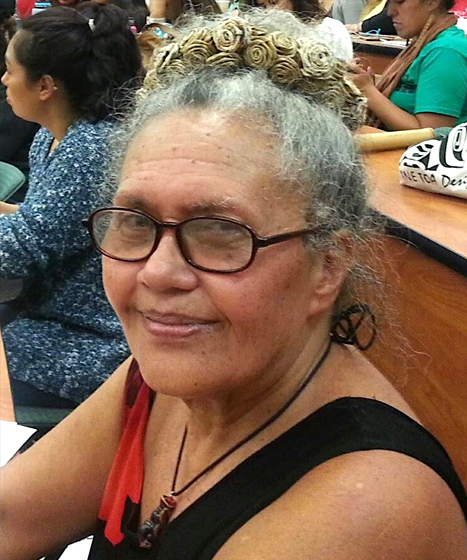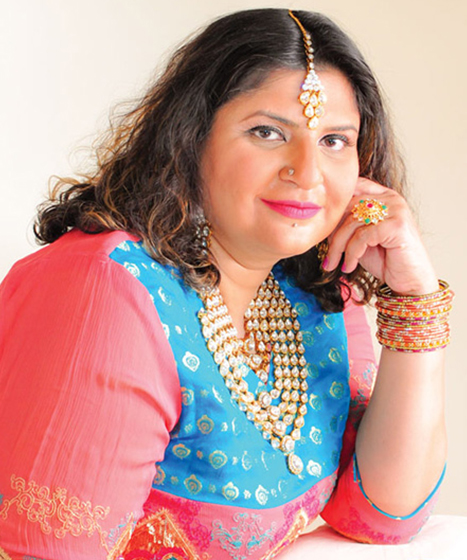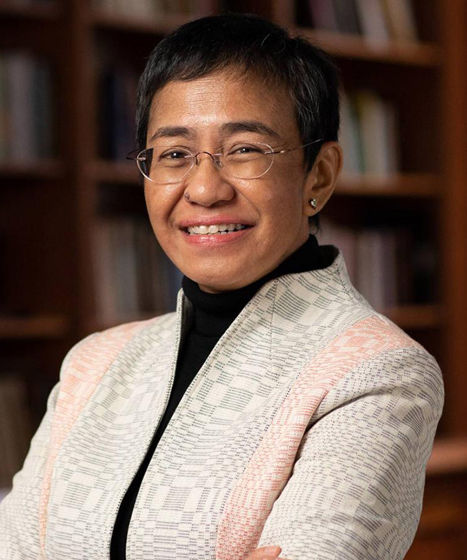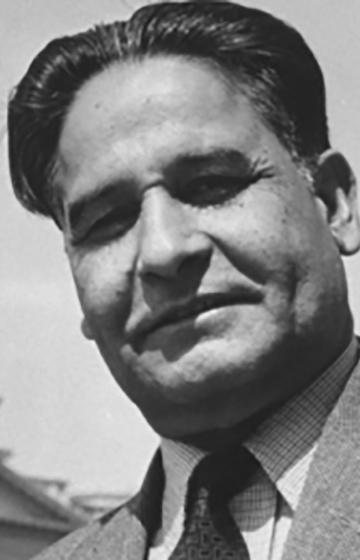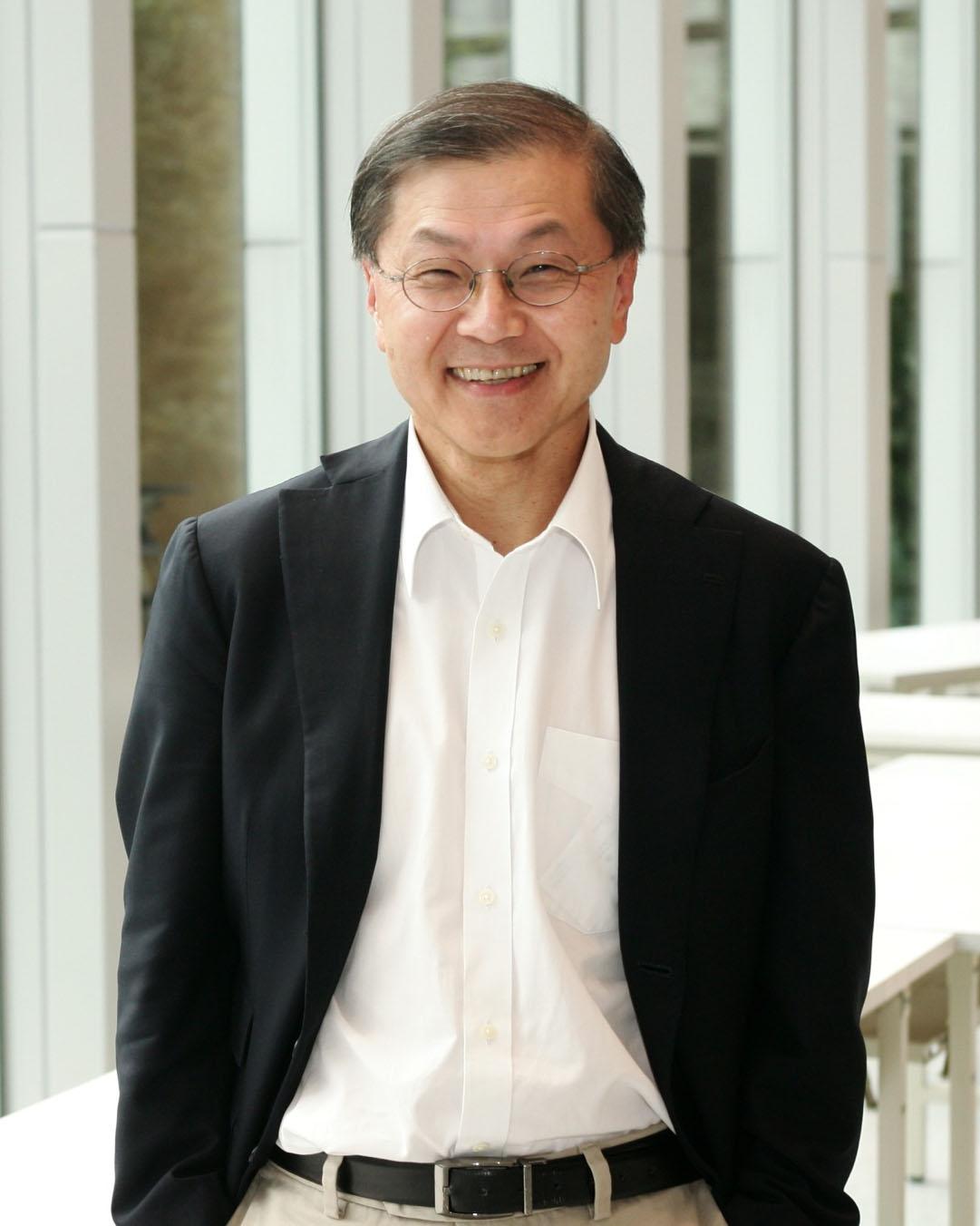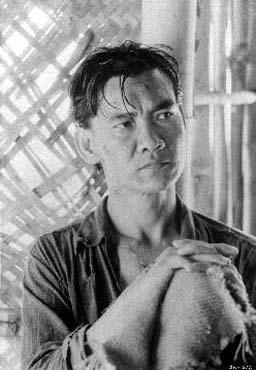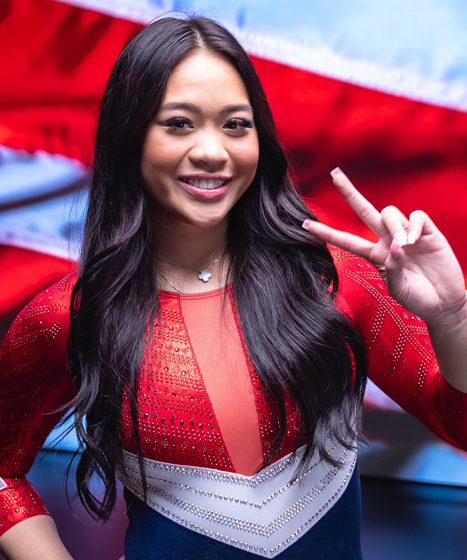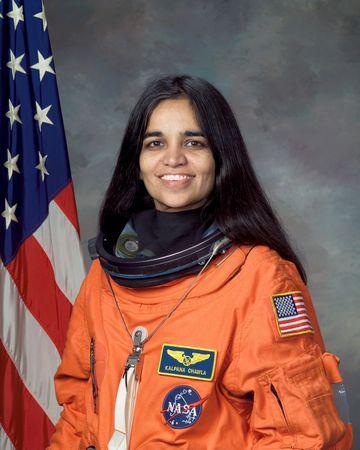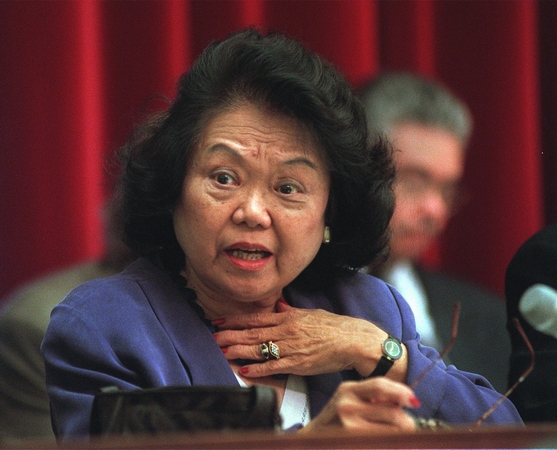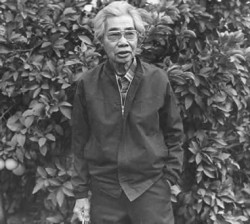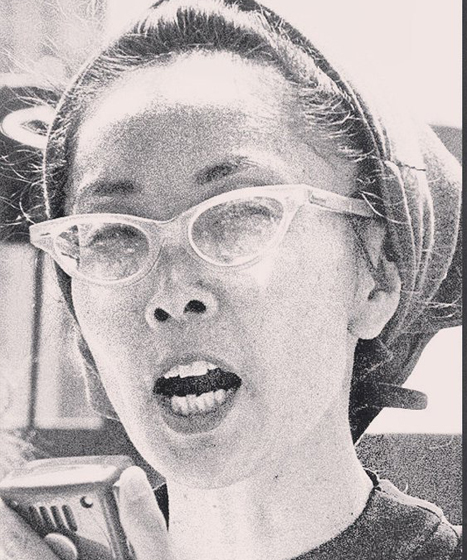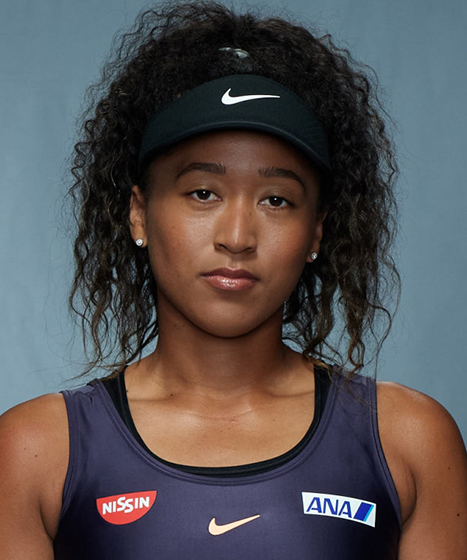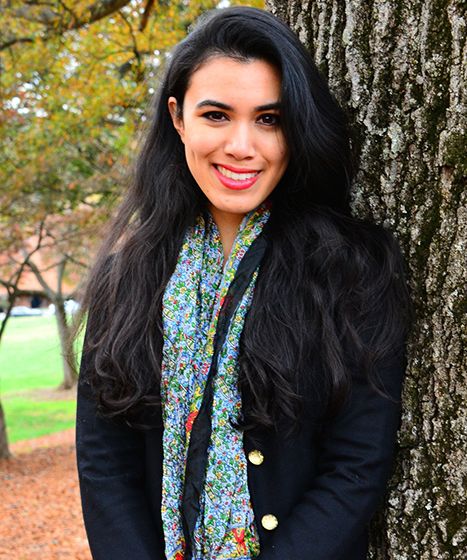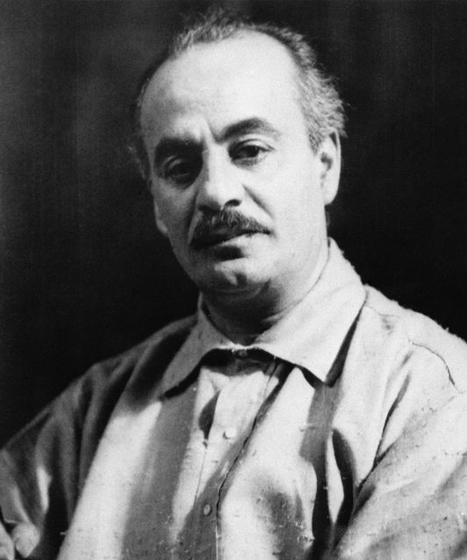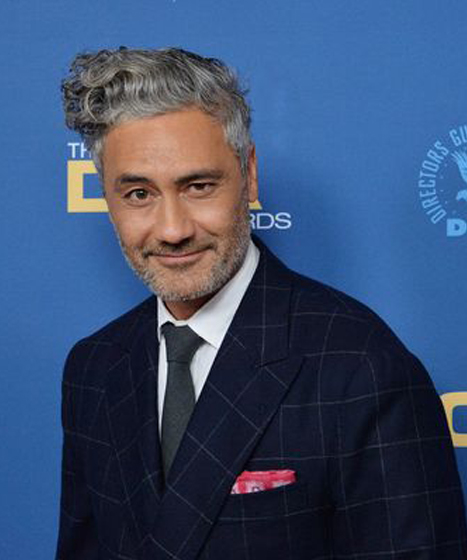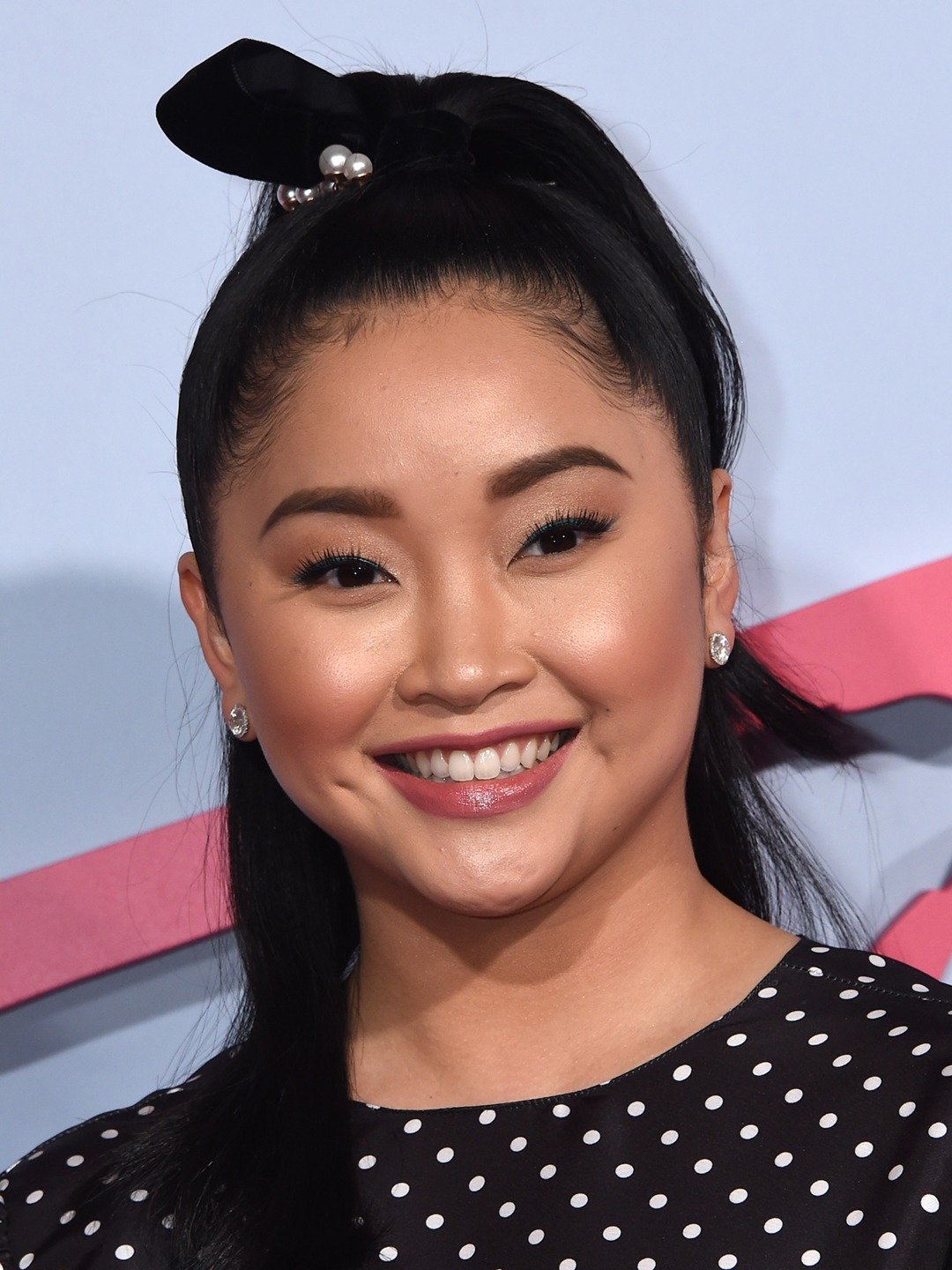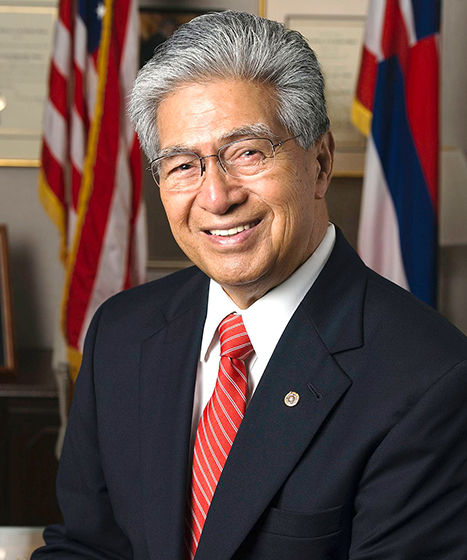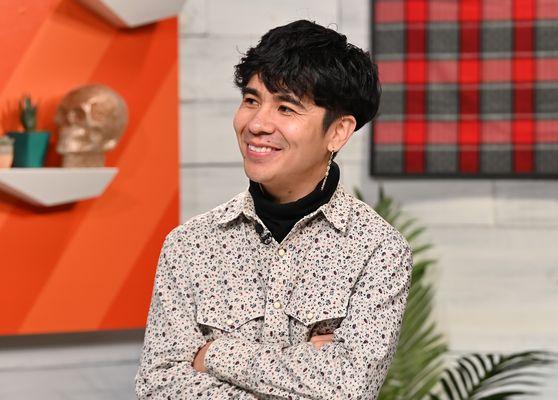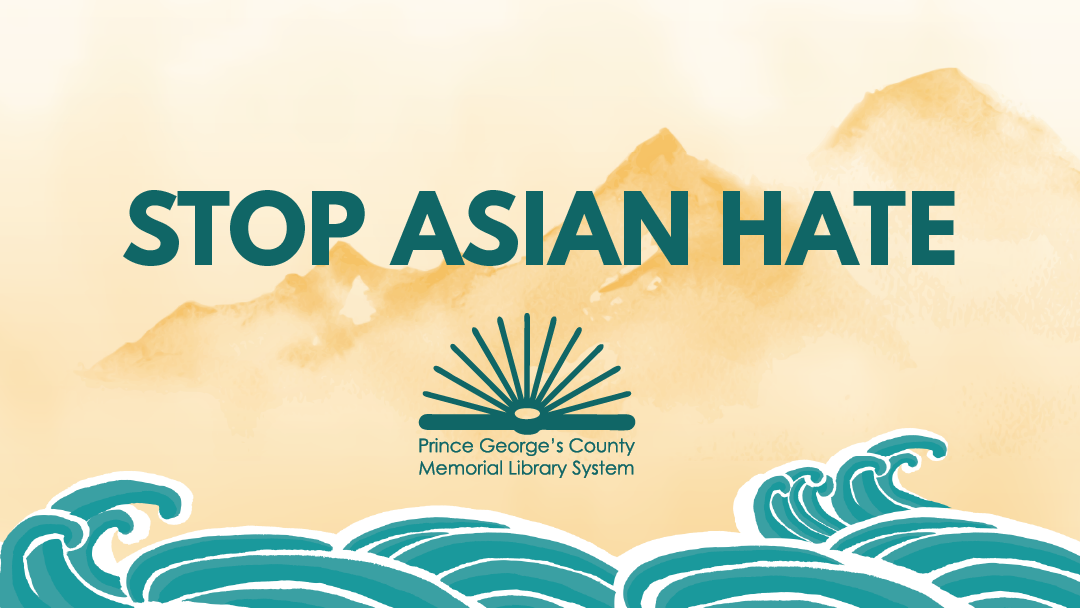Originally Asian Pacific Heritage Week, this celebration was created by a 1978 congressional bill sponsored by the U.S. Representatives Frank Horton and Norman Y. Mineta and U.S. Senators Daniel Inouye and Spark Matsunaga. Twelve years later, President George H.W. Bush signed an extension making the week-long celebration into a month-long celebration. May was chosen because the first Japanese immigrant arrived in the United States in May of 1843 and the completion of the First Transcontinental Railroad, on which many Chinese laborers worked, was held on May 10, 1869.
Events
Videos
Kanopy Videos
![]()
Kanopy
Kanopy is an online video streaming platform with 26,000 movies, doh2cumentaries, and indie and foreign films from over hundreds of producers including The Criterion Collection, The Great Courses, Kino Lorber, PBS, and thousands of independent filmmakers. Users are limited to 10 videos streamed every month.
- Asian Pacific American Heritage Month Collection
- Nice Chinese Girls Don’t
- Seasons of Migration
- In the Matter of Cha Jung Hee
- Making Noise in Silence
- Asian Americans. Episode 1, Breaking Ground
- Asian Americans. Episode 2, A Question of Loyalty
- Asian Americans. Episode 3, Good Americans
- Asian Americans. Episode 4, Generation Rising
- Asian Americans. Episode 5, Breaking Through
Asian Pacific American Heritage Timeline
1587
The first Filipinos in what would become the United States landed in Morro Bay, California
1763
Filipino sailors traveled across the Gulf into Louisiana’s bayou country. These “Louisiana Manila men” are the oldest continuous Asian American settler community in North America.
1776
John Newton, one of the earliest documented South Asians in the U.S., is listed in the Virginia Gazette as a runaway indentured servant.
1854
In People v. Hall, the murder conviction against George W. Hall was reversed because all three witnesses were Chinese. This case established a precedent that Chinese Americans or Chinese immigrants could not legally testify against white people in court.
1867
In the era’s largest labor strike, thousands of Chinese railroad workers for the Central Pacific Railroad Company stage a strike to demand equal pay to white laborers, shorter workdays, and better conditions.
1869
First Japanese settlers arrived on the U.S. mainland, in California.
1870
Naturalization Act of 1870 restricted naturalized citizenship to white and Black people.
1879
California’s Second Constitution prohibited the employment of Chinese people.
1882
Chinese Exclusion Act suspended immigration of Chinese laborers for 10 years.
1885
Philip Jaisohn arrived in the U.S. as a political exile, becoming the first Korean to be naturalized as a U.S. citizen
1886
In Yick Wo v. Hopkins, the Supreme Court ruled that the discriminatory enforcement of race-neutral laws is unconstitutional, regardless of how impartial the law is written. Yick Wo and Wo Lee had been imprisoned by the San Francisco Sheriff for operating a laundromat without a permit. However, the city had not granted permits to any Chinese-owned laundromats, which accounted for nearly 90% of San Francisco’s laundromats at the time.
1887
Constitution of the Hawaiian Kingdom: a minority of subjects of the Hawaiian Kingdom and foreign nationals, which included citizens of the United States, met to organize a takeover of the political rights of the native population in the Kingdom.
1893
The U.S. invaded the Hawaiian Kingdom and overthrew Queen Liliʻuokalani.
1898
The U.S. occupied Guam after the Spanish-American War and the Treaty of Paris of 1898.
1899
The U.S. annexed eastern Samoa, and Germany annexeds the western part of the islands.
1907
Five hundred white men violently attacked two hundred South Asian migrant workers in Bellingham, Washington to expel them from town. Within ten days, the entire South Asian population fled Bellingham to seek safer conditions.
1912
Duke Kahanamoku, a Native Hawaiian athlete and actor, won his first of five gold medals in swimming at the Stockholm Olympics.
1920s
American Samoa’s Mau movement for independence from American colonialism was suppressed by the U.S. Navy. Samuel Sailele Ripley, who led the movement, was exiled from American Samoa but later served as mayor of Richmond, California.
1923
In United States v. Bhagat Singh Thind, the Supreme Court ruled that South Asians cannot be naturalized.
1924
Immigration Act of 1924 effectively prohibited immigration of all Asians.
1942
With Executive Order 9066, the U.S. incarcerated 120,000 Japanese Americans in concentration camps.
1942
Chinese-born American artist Tyrus Wong worked as a lead production illustrator on Disney's Bambi, taking inspiration from Song dynasty art.
1943
Congress repealed the Chinese Exclusion Act and granted naturalization rights.
1946
The Philippines gained independence from the United States.
1946
The Luce-Celler Act permitted Filipinos and Indians to immigrate and granted them naturalization rights.
1946
Wing Ong is first Asian American elected to state office (Arizona).
1949
U.S. granted 5,000 educated Chinese refugee status after Chairman Mao Zedong established the People’s Republic of China
1950
Guam Organic Act of 1950 established Guam as an unincorporated organized territory of the United States.
1956
Dalip Singh Saund of California became the first Indian American in Congress.
1959
Hiram Fong of Hawaii became the first Chinese American in the Senate.
1959
Daniel K. Inouye of Hawaii became the first Japanese American in Congress.
1964
Patsy Takemoto Mink of Hawaii became the first nonwhite woman in Congress.
1965
Seeking fair pay and safe working conditions, the Agricultural Workers Organizing Committee, made up mostly of Filipino farmworkers, began a five-year-long Delano Grape strike in California that prompted a global grape boycott.
1965
Immigration and Nationality Act of 1965 eliminated national-origins quota system and granted immigration priority to relatives of U.S. citizens and legal permanent residents, professionals and other individuals with specialized skills, and refugees.
1968
Emma Gee and Yuji Ichiok coined the term “Asian American” by creating the University of California, Berkeley’s Asian American Political Alliance (AAPA). AAPA would later be part of the third world Liberation Front, which demanded that the University support the scholarship and underemphasized histories of African Americans, Asian Americans, Chicanos/Chicanas, and Native Americans.
1975
Vietnam war ends, leading to over one million people to migrate from Vietnam, Cambodia, and Laos to the U.S.
1975
Chinese American Physicist Dr. Chien-Shiung Wu became the first woman to be president of the American Physical Society.
1976
Native Hawaiian musician and activist George Helm Jr. and his organization Hui Alaloa led an effort to end the bombing of the island Kaho’olawe by the U.S. Navy for target practice bombings.
1979
First Asian/Pacific American heritage Week was celebrated.
1982
Vincent Chin, a Chinese American in Detroit, was killed by two white men because they thought Chin looked Japanese. The two men faced minimal consequences, spurring protests and outrage that united the Asian American community.
1983
The Free Chol Soo Lee movement successfully freed Lee, a Korean immigrant, from death row after he was wrongfully convicted in a San Francisco Chinatown murder. After reporter K.W. Lee shed light on the problematic police investigation and trial, widespread support for a remarkable grassroots social movement ensued. This movement united diverse groups of Asian and Asian Americans in a common cause of justice and freedom for Lee.
1985
Ellison Onizuka became the first Asian American astronaut in space.
1985
Haing S. Ngor, Cambodian American surgeon and actor, became the first actor of Asian descent to win an Academy Award for Best Supporting Actor for his debut performance in “The Killing Fields.”
1986
Gerald Tsai of American Can became the first Asian American CEO of a Fortune 500 company.
1988
After a decade of campaigning from the Japanese American Citizens’ League, the U.S. granted $20,000 in reparations to each survivor of incarceration during World War II.
1989
Amerasian Homecoming Act allowed children born to Vietnamese mothers and U.S. servicemen to immigrate.
1992
Jay Kim of California became the first Korean American in Congress.
1996
Several women including Helen Zia, Christina M. Regalado, Dawn-Thanh Nguyen, Lisa Hasegawa, and Kiran Ahuja founded the National Asian Pacific American Women’s Forum to address six central issues: civil rights, economic justice, educational access, ending violence against women, health, and immigrant and refugee rights.
1997
Gary Locke of Washington became the first Asian American governor of a mainland state.
1999
Andrea Jung of Avon became the first nonwhite woman CEO of a Fortune 500 company.
2000
Secretary of Commerce Norman Mineta became the first Asian American Cabinet member.
2001
Secretary of Labor Elaine Chao became the first woman Asian American Cabinet member.
2001
Organizations such as the Sikh Coalition and South Asian Americans Leading Together mobilized after the rise in violence against and surveillance of Muslim, Sikh, South Asian, and Arab American communities following 9/11.
2001
Dr. Wen Ho Lee, a U.S. citizen, was charged with spying for China; a federal judge later apologizes to Lee for being “led astray” by the Department of Justice.
2003
Kalpana Chawla, the first woman of Indian descent to go into space, was one of seven crew members who died on the Columbia Space shuttle.
2007
Bobby Jindal of Louisiana became the first Indian American governor.
2010
Apolo Anton Ohno became the most decorated American Winter Olympian, with eight medals.
2010
Nikki Haley of South Carolina became the first woman Indian American governor.
2013
Kevin Tsujihara of Warner Bros. became the first nonwhite CEO of a major Hollywood studio.
2014
First Asian American U.S. Marine Officer, Maj. Kurt Chew-Een Lee, died at the age of 88.
2021
Kamala Harris became the first woman, first Black person and first Asian American to serve as Vice President of the United States.
2022
California State University became the first university system in the U.S. to add caste to its anti-discrimination policy. This move followed years of on-campus interfaith and inter-caste activist work, including that of Nepali American Dalit social worker Prem Pariyar.
Online Exhibits

